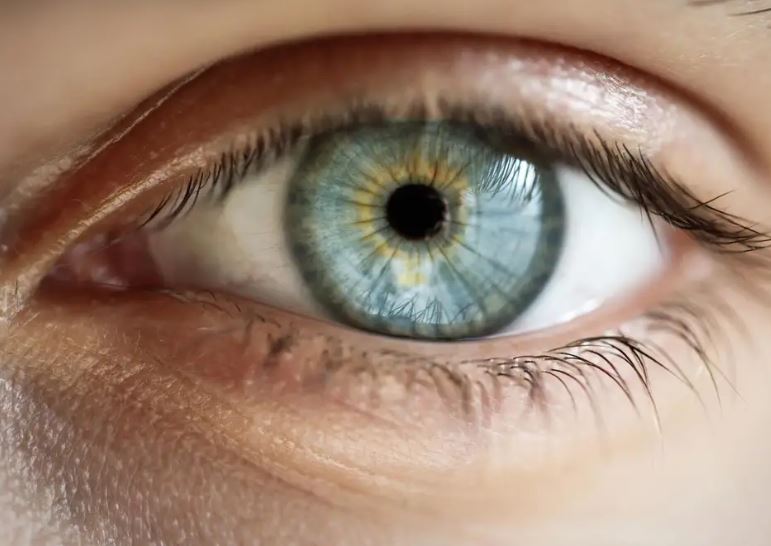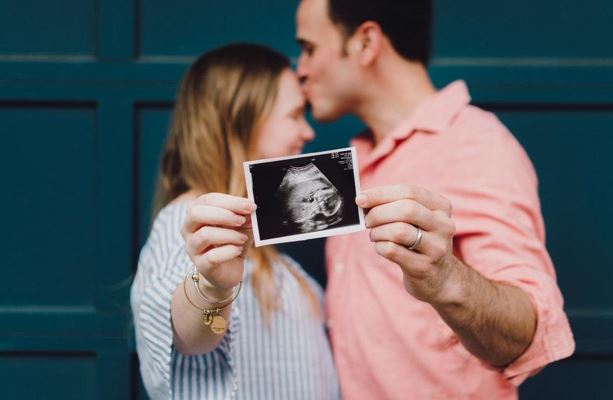Beautiful sunsets. Awe-inspiring artwork. Your child’s first smile. Our eyes reveal the world to us and create memories that last a lifetime. Can you imagine your vision being taken away from you?

It’s vital that we look after our eyesight and take notice when it becomes impaired. Getting your eyes tested regularly is important as you may need contact lenses such as focus dailies. Problems aren’t uncommon – according to NHS statistics, as many as 2 million people are living with sight loss in the UK.
While regular eye exams can help identify long-standing issues, you shouldn’t wait around until your next check-up if something’s not right. Here, we run through 7 common eye problems you should never ignore and what to do next.
Let’s the symptoms of eye issues that you should never ignore…
7 Eye issues you should never ignore
1. Pain
Strange pains occur all over our bodies for a variety of reasons. But if your eye begins to hurt after an accident or for little apparent reason, and the feeling is severe and sustained for more than a minute or two, it’s time to visit the ophthalmologist.
Your pain could be the first sign of a more serious inflammation or infection. It may then be followed by swelling, discharge, or severe irritation.
2. Blurry vision
‘Dry eye’ is a common condition that results in blurry vision. It can be caused by wind, smoke or even wearing your contact lenses too long. Eye drops can help resolve dry eye – but if things don’t clear up, the blurriness could point to more serious health issues.
Inflammation of your optic nerve or even high pressure around your brain can both cause sudden vision problems. Cataracts meanwhile are more gradual but are one of the most common causes of sight loss in over 40s, though cataract surgery is a popular and low-risk fix.
3. A burning or gritty feeling
There are many possible causes of burning or gritty sensations in the eye. Examples include lack of sleep and allergies. But if it’s possible that a foreign object is to blame, first attempt to flush it out with running water. It’s best to avoid rubbing your eye as this could make any scratching worse.
If your attempts aren’t successful you should see a doctor. Never, ever, turn to tweezers…
4. Floaters
Eye floaters are shadows or spots that appear to move around your field of vision. It’s common to see floaters occasionally – they’re a result of age-related changes in the gel-like substance that fills your eyeball.
New or different floaters accompanied by flashes of light or impaired vision however are far more concerning. They suggest you may have torn your retina, and should seek professional help immediately.
5. Odd-sized pupils
You’re probably familiar with how your pupils shrink and dilate with changes in light. But regardless of how bright or dark it is your pupils should always remain symmetrical. If not, that’s not a good sign.
Odd-sized pupils can indicate that you’re suffering from an aneurysm or various other serious brain diseases. Time is precious with all of them, so make sure to get to a hospital emergency room right away.
6. Droopy eyelids
Also known as Ptosis, drooping eyelids can simply be caused by your eye tissues getting looser as you get older. This gradual change isn’t cause for concern.
But if one or both eyelids suddenly drop this could be a sign of more serious problems such as stroke, nerve damage, or muscle disease. Again, seek help right away to catch any underlying problem as early as possible.
Check Also: Is it good to sleep with an eye mask?
7. Bleeding eyes
Bursting a blood vessel in your eye and turning your eyeball red is relatively common. It can happen when simply straining, sneezing, or coughing, and isn’t anything to worry about. But if the issue arises following a blow to your eye or head you could be suffering a bleed on the brain.
If this is the case, it’s a good idea to get checked out immediately before it has a chance to deteriorate any further.
From how you navigate your environment to the ways you interact with those around you, your life would be dramatically different without your vision. Look out for these 7 warning signs to help prevent a small issue from turning into something much worse.
Hope this article will give you some safety precautions for eye issues. Stay with our blog for more informative articles.



